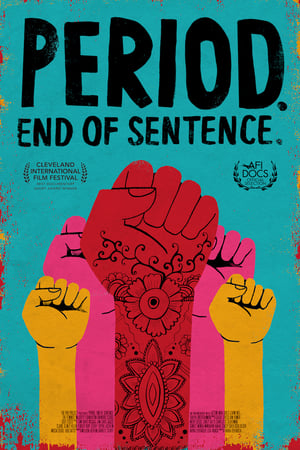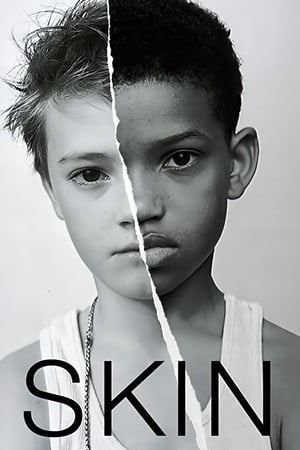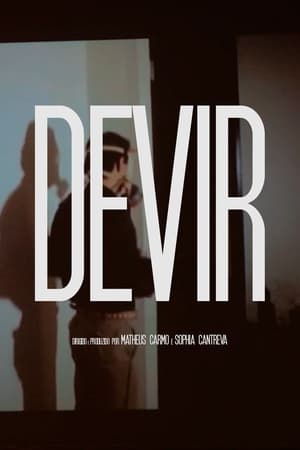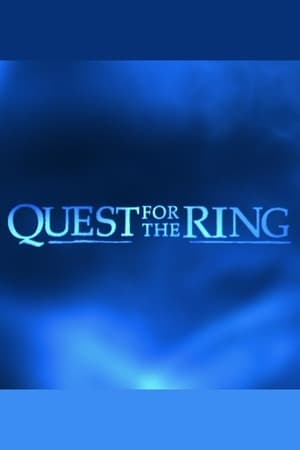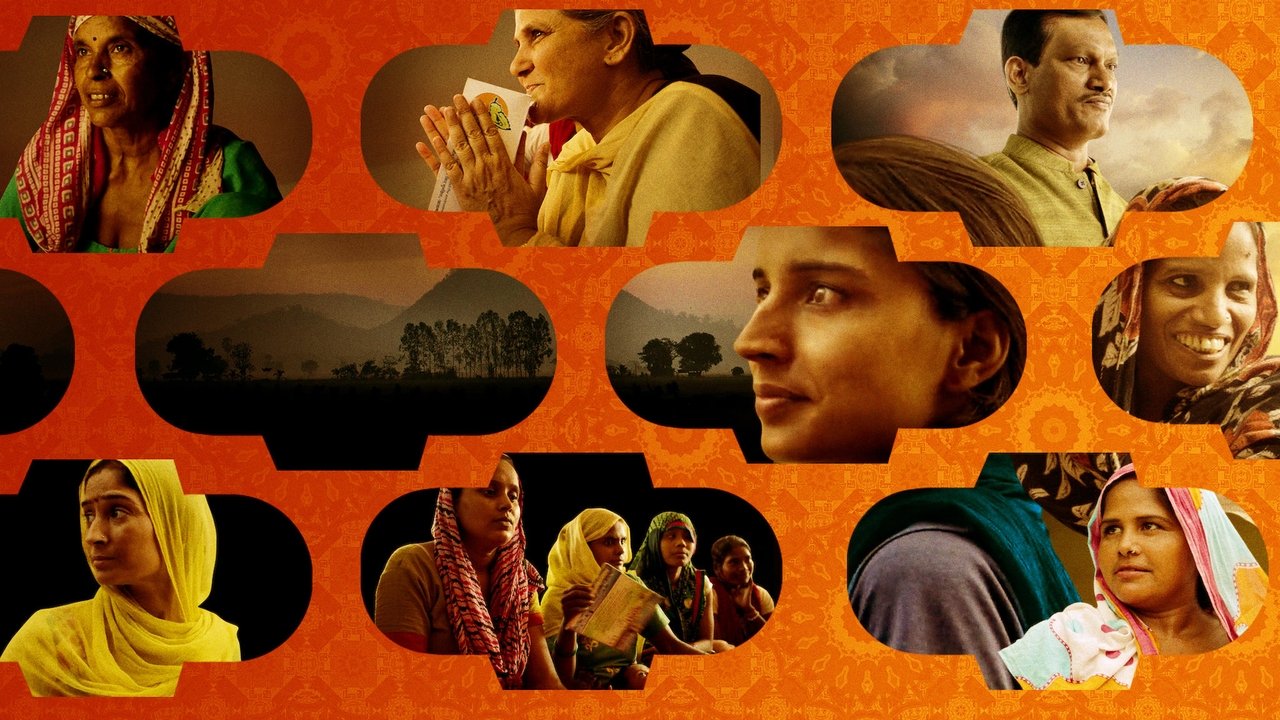
Period. End of Sentence.(2018)
In an effort to improve feminine hygiene, a machine that creates low-cost biodegradable sanitary pads is installed in a rural village in Northern India. Using the machine, a group of local women is employed to produce and sell pads, offering them newfound independence and helping to destigmatize menstruation for all.

Movie: Period. End of Sentence.
Top 10 Billed Cast
Recommendations Movies
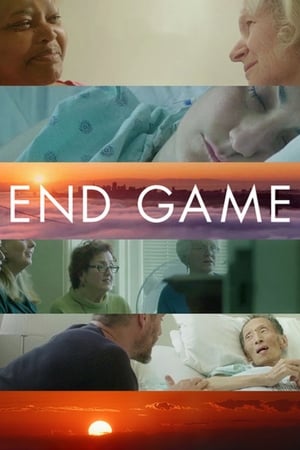 7.1
7.1End Game(en)
Filmed and edited in intimate vérité style, this movie follows visionary medical practitioners who are working on the cutting edge of life and death and are dedicated to changing our thinking about both.
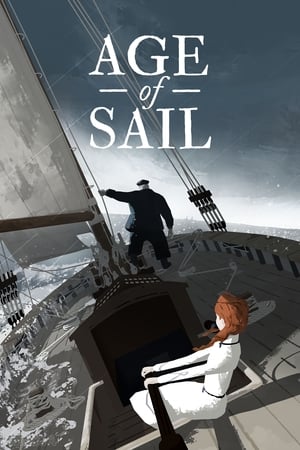 7.2
7.2Age of Sail(en)
An old, down on his luck sailor rescues a young girl at sea after she fell off a passenger ship.
 7.7
7.7#Female Pleasure(en)
A plea for the liberation of female sexuality in the 21st century. The film questions millennial patriarchal structures, as well as todays omnipresent porn culture. It accompanies five extraordinary women around the globe, reveals universal contexts and shows the successful fight of these courageous women for a self-determined female sexuality and an equal, passionate relationship between the sexes.
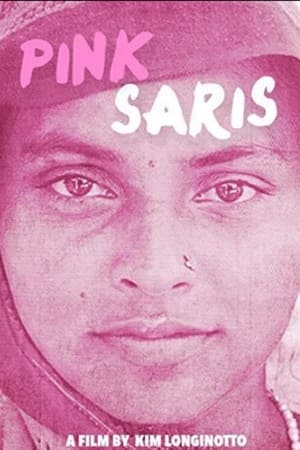 5.2
5.2Pink Saris(en)
Sampat Pal Devi, founder of India’s Gulabi (“Pink”) Gang and fearless defender of the rights of untouchable women, challenges husbands, fathers-in-law and policemen in this immersive study by acclaimed documentarian Kim Longinotto. More than a profile of an everyday heroine, the film captures the courage and sacrifice necessary for social progress.
 6.3
6.3Window Cleaners(en)
Donald is washing windows on a high-rise; Pluto is his assistant, hauling the rope for the platform and refilling buckets but mostly sleeping. And when things are finally going well, Donald makes the mistake of tormenting a bee.
 8.3
8.3Anavitória: Araguaína - Las Vegas(pt)
This documentary follows charismatic Brazilian duo Anavitória from their modest hometown to the red carpet of the 2017 Latin Grammys in Las Vegas.
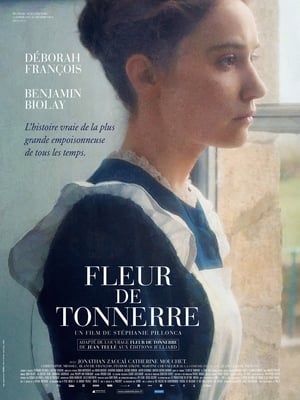 4.4
4.4The Poisoning Angel(fr)
In 1800, Brittany is on its knees, overwhelmed by the regime in place and by the omnipotent clergy. It founders in an economic slump without end in sight and, in the middle of all this, a young, suffering girl pushes back as best she can. She is known as the "Poisoning Angel," an isolated child, mistreated by life and rocked by morbid thoughts. She will become one of the world's most notorious serial killers and will sow death, perhaps merely to be looked at and loved.
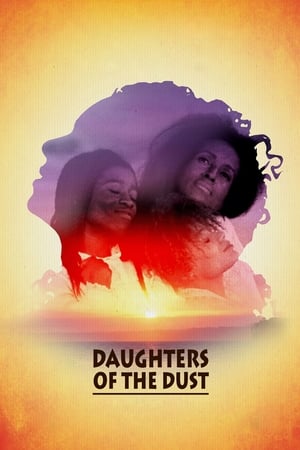 6.5
6.5Daughters of the Dust(en)
In 1902, an African-American family living on a sea island off the coast of South Carolina prepares to move to the North.
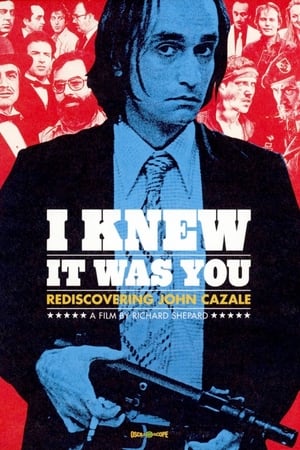 6.9
6.9I Knew It Was You: Rediscovering John Cazale(en)
John Cazale was in only five films – The Godfather, The Conversation, The Godfather: Part II, Dog Day Afternoon and The Deer Hunter – each was nominated for Best Picture. Yet today most people don't even know his name. I KNEW IT WAS YOU is a fresh tour through movies that defined a generation.
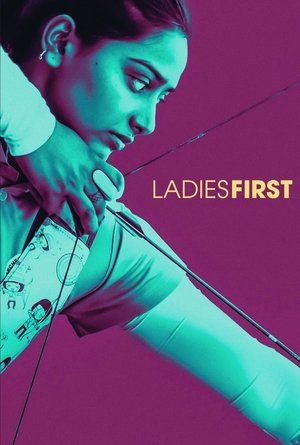 7.3
7.3Ladies First(en)
An inspirational survival story of Deepika Kumari who, as a girl born on the roadside to abject poverty in rural India, went in search of food, stumbled upon archery, and within 4 years became the Number One archer in the World.
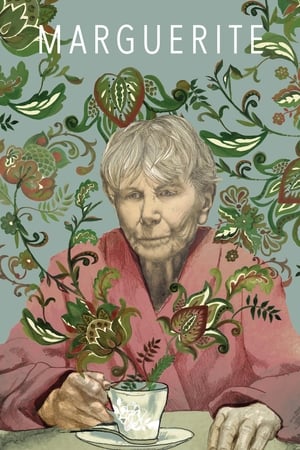 6.9
6.9Marguerite(fr)
An aging woman and her nurse develop a friendship that inspires her to unearth unacknowledged longing and thus help her make peace with her past.
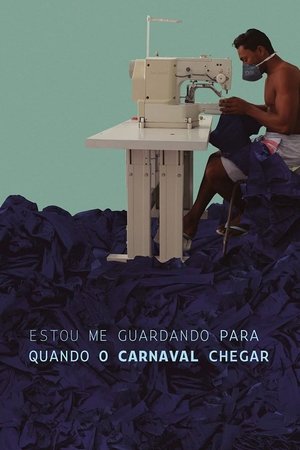 8.3
8.3Waiting for the Carnival(pt)
A documentary film about the Brazilian town of Toritama, the self-proclaimed capital of jeans. The workers of the city’s self-managed small businesses only get one real break from their self-exploiting lives in the textile business: the annual Carnival.
 6.9
6.9Ali's Wedding(en)
After a "white lie" which spirals out of control, a neurotic, naive and musically gifted Muslim cleric's eldest son must follow through with an arranged marriage, except he is madly in love with an Australian born-Lebanese girl.
 7.2
7.2Aya of Yop City(fr)
While Aya has dreams of becoming a doctor, her two best friends, Adjoua and Bintou, just like to hang out and spend their evenings dancing, drinking and flirting with boys. Their ambition is to follow Plan C: Combs, Clothes and Chasing Men! But big trouble comes to town when Adjoua realizes she’s pregnant, and the baby’s father is the spoiled son of one of the richest and most feared men in the whole country.
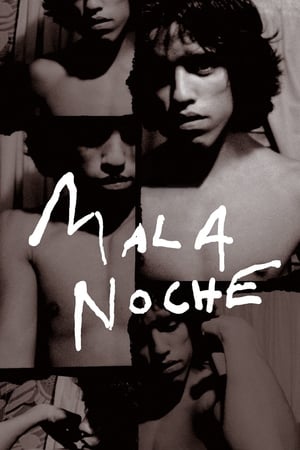 6.2
6.2Mala Noche(en)
Walt is a lonely convenience store clerk who has fallen in love with a Mexican migrant worker named Johnny. Though Walt has little in common with the object of his affections — including a shared language — his desire to possess Johnny prompts a sexual awakening that results in a tangled love triangle.
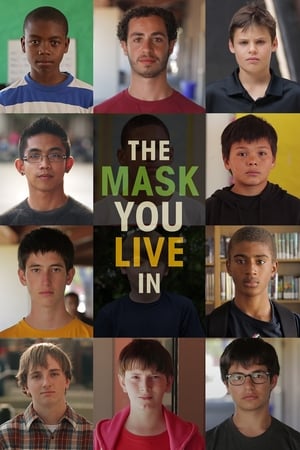 7.7
7.7The Mask You Live In(en)
Compared to girls, research shows that boys in the United States are more likely to be diagnosed with a behaviour disorder, prescribed stimulant medications, fail out of school, binge drink, commit a violent crime, and/or take their own lives. The Mask You Live In asks: as a society, how are we failing our boys?
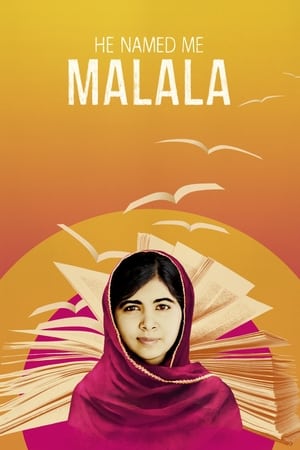 6.7
6.7He Named Me Malala(en)
A look at the events leading up to the Taliban's attack on the young Pakistani school girl, Malala Yousafzai, for speaking out on girls' education and the aftermath, including her speech to the United Nations.
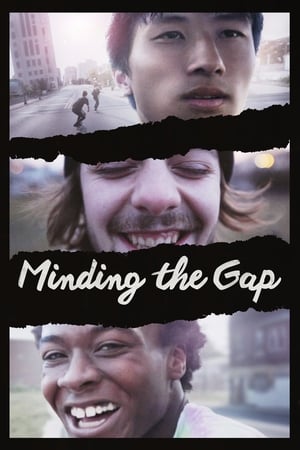 7.7
7.7Minding the Gap(en)
Three young men bond together to escape volatile families in their Rust Belt hometown. As they face adult responsibilities, unexpected revelations threaten their decade-long friendship.
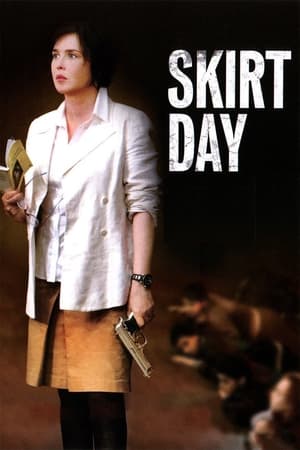 7.1
7.1Skirt Day(fr)
A teacher, driven to exasperation from insults and insubordination, takes her class hostage.
Similar Movies
Artist Unknown(en)
A short documentary on how people view art and its value in today's society.
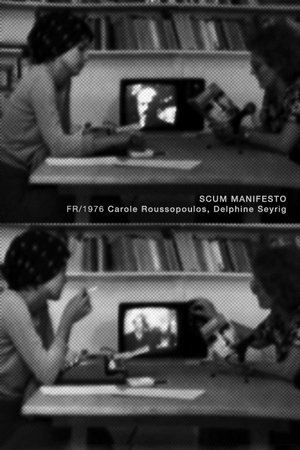 5.3
5.3Scum Manifesto(fr)
Delphine Seyrig reads passages from a Valerie Solanas’s SCUM manifesto.
 6.7
6.7Workers Leaving the Lumière Factory(fr)
Working men and women leave through the main gate of the Lumière factory in Lyon, France. Filmed on 22 March 1895, it is often referred to as the first real motion picture ever made, although Louis Le Prince's 1888 Roundhay Garden Scene pre-dated it by seven years. Three separate versions of this film exist, which differ from one another in numerous ways. The first version features a carriage drawn by one horse, while in the second version the carriage is drawn by two horses, and there is no carriage at all in the third version. The clothing style is also different between the three versions, demonstrating the different seasons in which each was filmed. This film was made in the 35 mm format with an aspect ratio of 1.33:1, and at a speed of 16 frames per second. At that rate, the 17 meters of film length provided a duration of 46 seconds, holding a total of 800 frames.
 8.2
8.2Night and Fog(fr)
Filmmaker Alain Resnais documents the atrocities behind the walls of Hitler's concentration camps.
 0.0
0.0Somos animales(es)
Tania and Cocteau, a cat that comes from the not too distant future, tell the story of the passage of animals through the world and their relationship with humans.
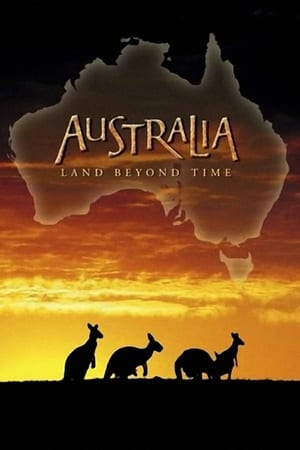 7.6
7.6Australia: Land Beyond Time(en)
Australia: Land Beyond Time takes viewers on a breathtaking journey back in time to witness the birth and evolution of a mysterious land that harbors remnants of Earth's earliest life and many of it's strangest creatures that exist nowhere else on the planet.
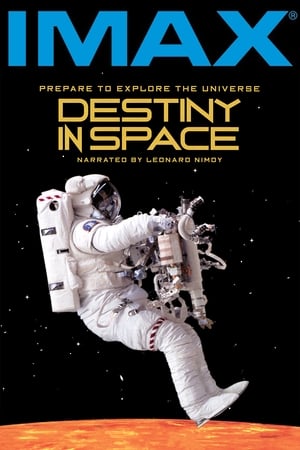 7.2
7.2Destiny in Space(en)
Travel alongside the astronauts as they deploy and repair the Hubble Space Telescope, soar above Venus and Mars, and find proof of new planets and the possibility of other life forming around distant stars.
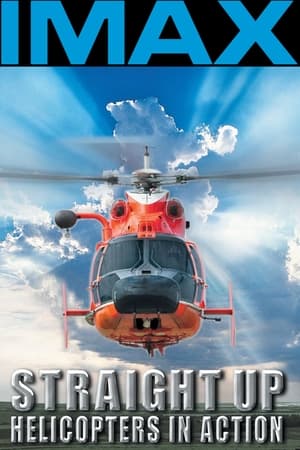 7.0
7.0Straight Up: Helicopters in Action(en)
Straight Up: Helicopters in Action will take audiences on a series of aerial adventures. Fly along with skilled helicopter crews as they carry out sea and mountain rescues, apprehend drug smugglers, repair high voltage lines, save endangered animals, deliver humanitarian aid, and undertake a reconnaissance mission. Learn how helicopters are flown.
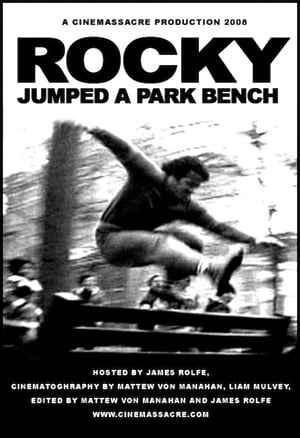 5.8
5.8Rocky Jumped a Park Bench(en)
A location tour of the Rocky filming locations in Philadelphia.
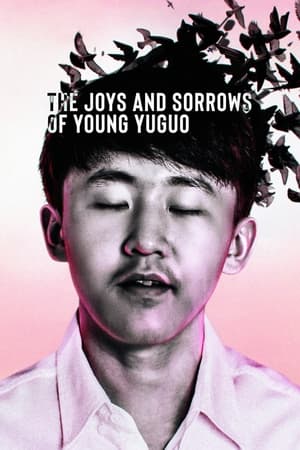 6.6
6.6The Joys and Sorrows of Young Yuguo(en)
16-year-old Yuguo, who has a passion for Eastern European romantic poetry, makes a pilgrimage from his home in China to the foothills of Romania’s Carpathian Mountains.
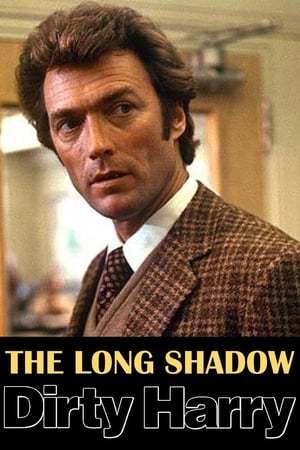 5.8
5.8The Long Shadow of Dirty Harry(en)
An in-depth look at Dirty Harry (1971), featuring interviews with such film artists as Michael Madsen, 'Hal Holbrook', John Milius, 'Shane Black' and John Badham.
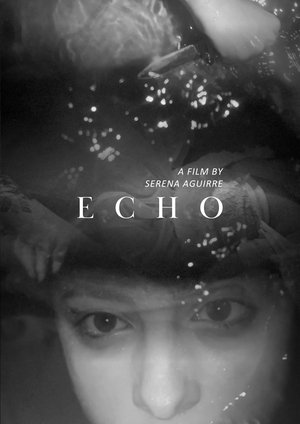 0.0
0.0Echo(en)
A reframing of the classic tale of Narcissus, the director draws on snippets of conversation with a trusted friend to muse on gender and identity. Just as shimmers are difficult to grasp as knowable entities, so does the concept of a gendered self feel unknowable except through reflection. Is it Narcissus that Echo truly longs for, or simply the Knowing he possesses when gazing upon himself?
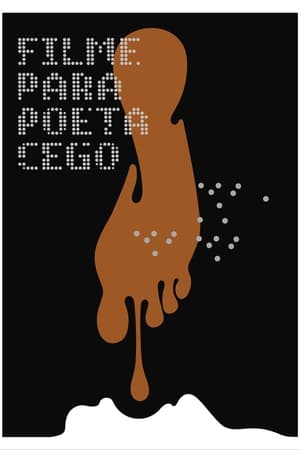 2.0
2.0Film for Blind Poet(pt)
Glauco Mattoso, a blind sadomasochistic poet, agrees to participate in a documentary about his own life, but the conditions he imposes raise difficulties to the work of the young director.
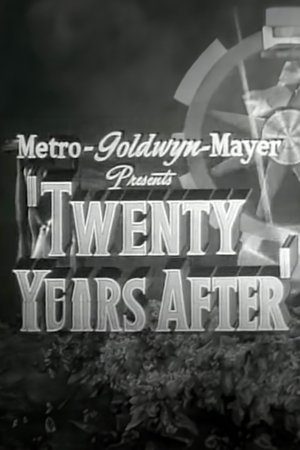 6.0
6.0Twenty Years After(en)
This short celebrates the 20th anniversary of MGM. Segments are shown from several early hits, then from a number of 1944 releases.
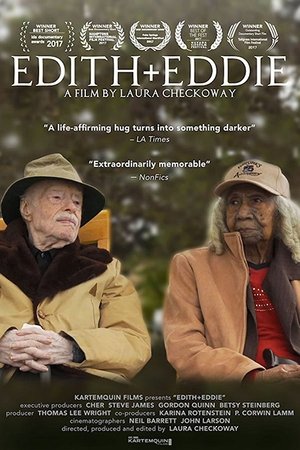 7.3
7.3Edith+Eddie(en)
Edith and Eddie, ages 96 and 95, are America's oldest interracial newlyweds. Their unusual and idyllic love story is threatened by a family feud that triggers a devastating abuse of the legal guardianship system.
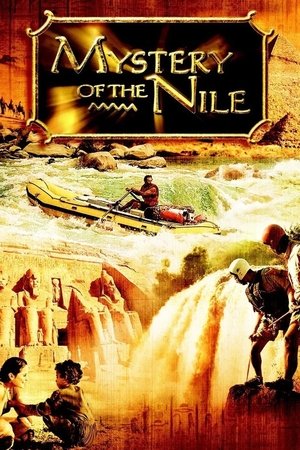 5.4
5.4Mystery of the Nile(en)
Filmed in IMAX, a team of explorers led by Pasquale Scaturro and Gordon Brown face seemingly insurmountable challenges as they make their way along all 3,260 miles of the world's longest and deadliest river to become the first in history to complete a full descent of the Blue Nile from source to sea.
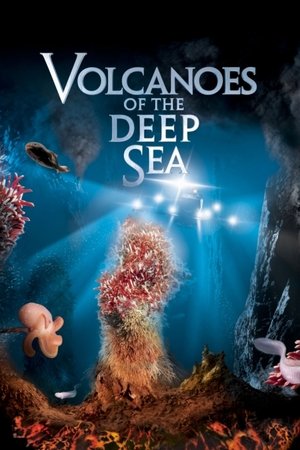 5.8
5.8Volcanoes of the Deep Sea(en)
12,000 feet down, life is erupting. Alvin, a deep-sea mechanized probe, makes a voyage some 12,000 feet underwater to explore the Azores, a constantly-erupting volcanic rift between Europe and North America.
Beyond Ratings(hi)
Three women share their experience of navigating the app-world in the metro city. The sharings reveal gendered battles as platform workers and the tiresome reality of gig-workers' identities against the absent bosses, masked behind their apps. Filmed in the streets of New Delhi, the protagonists share about their door-to-door gigs, the surveillance at their workplaces and the absence of accountability in the urban landscape.
